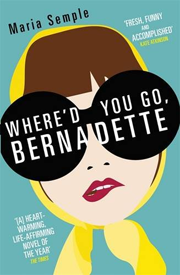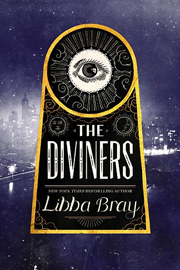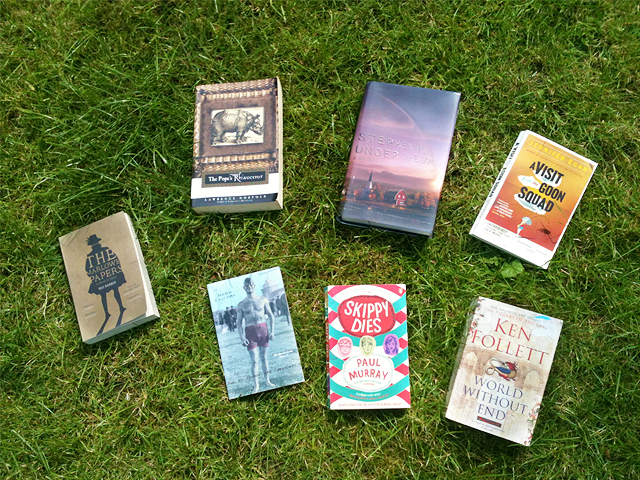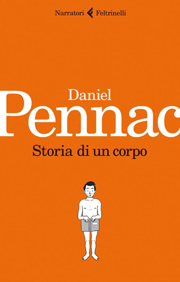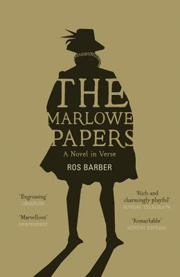 From now on, The Marlowe Papers will be what I think of when someone mentions “a challenging read”. This is a novel written in iambic pentametre written just a couple of years ago, as opposed to four hundred years ago when its protagonist, Kit Marlowe, lived. Reading it was intense, but also just thinking of the effort it must have taken to write was quite overwhelming.
From now on, The Marlowe Papers will be what I think of when someone mentions “a challenging read”. This is a novel written in iambic pentametre written just a couple of years ago, as opposed to four hundred years ago when its protagonist, Kit Marlowe, lived. Reading it was intense, but also just thinking of the effort it must have taken to write was quite overwhelming.
The story is another revisit of the idea that Marlowe didn’t really die in a brawl, but he went into hiding and kept writing under the pseudonym of William Shakespeare. While I’m not a big fan of theories that say that Shakespeare’s works were written by someone else, I was fascinated by the complex, clever work that Ros Barber did.
It takes a while to get used to the writing for an eye that’s not used to the poetic structure, but after the initial trauma it becomes easier (not easy, but not impossibly hard either) to skip from line to line and follow the story while appreciating the form. Not that understanding everything is an easy task: every event on Marlowe’s timeline, every connection is justified by documents and evidence she collected while writing her PhD thesis, which this book is a part of.
While I had a recollection of who most of the noblemen and the most famous poets were, I was clueless about the rest of the characters (but also many events). The trick that made it easier for me to go through the book was to read Barber’s notes first, and then follow up with the chapter. It can be annoying to flip back and forth, but having an idea of who the people that get mentioned makes it so much easier to get into the story and focus on fighting with the pentametre rather than with the content. The rule to follow here is “choose your enemies”.
Being an expert in the field would have certainly helped, but I’m happy I wasn’t: having no idea if any of Barber’s connections were a bit of a stretch allowed me to be completely captured by her elaborate novel in verse. I loved every moment of my struggle with the pentametre, every flip of the pages to read an explanation. The Marlowe Papers could make as little historical sense as movie Anonymous does (although I doubt it) but I don’t know it and I don’t want to know.
After reading The Marlowe Papers I was completely enamoured of a figure that I had never really liked or cared for before. He told me his story in first person and, for once, I chose to believe this version of the facts until the end of the book.
These are obviously conjectures about Marlowe’s life — but do we care? Just building the plot of this book seems a serious academic adventure. The iambic pentametre is not perfect and Barber took some liberties with the language — again, do we care? The overall result is just so intriguing and surprising that the historical accuracy and formal imprecisions (which might be relevant for a PhD committee, but not as much for ordinary readers) can be overlooked.
Found via: For once, just browsing in the bookshop (Waterstones in Hampstead).
Suggested to: Patient, Elizabethan-era-loving readers.
Y/N? Y

